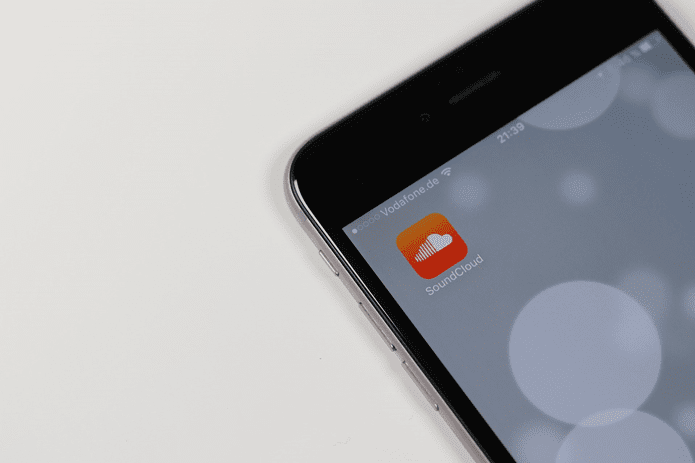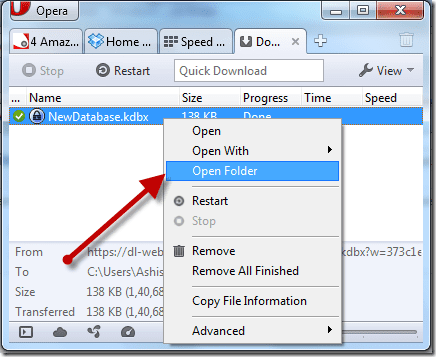IMAP functionality most other email providers have been sporting for awhile. This is an important change because it enables a very beneficial method of retrieving and reading email. Previously, Outlook.com mail being read, moved, deleted, or sent from clients didn’t update the server with this information. The default method would simply make changes to how you viewed the mail in the client, but this update enables the ability to manipulate the server messages. So now, with IMAP enabled, when you open your mail on a different computer you can see all the changes you made when using the client. Most of us are used to this with Gmail and other providers, so if you’re on a Mac, read how to do the same for OS X Mail. On Windows, you may follow along the steps below to enable IMAP in Windows Live Mail.
Steps to Set up Outlook.com Using IMAP in Windows Live Mail Client
Step 1: Open the Account tab and then choose Email to open the new account wizard. Step 2: In the Add your email accounts window, enter your Outlook email address, password, and name. Ensure the Manually configure server settings option is checked for the rest of the steps. Cool Tip: Need to make a strong email password? This and nine other features of LastPass are listed here. Step 3: Choose IMAP from the Server type drop down menu. Use the info below to fill out the rest of the Incoming server information options.
Server type: IMAPServer address: imap-mail.outlook.comPort: 993Authenticate using: Clear textLogon user name: [email protected]
Replace [email protected] from the user name with your regular Outlook.com address. Step 4: Point your attention to the right side of this same window to fill out the Outgoing server information. Use this info for this section:
Server address: smtp-mail.outlook.comPort: 587Requires a secure connection (SSL): YesRequires authentication: Yes
Press Next to finish the wizard and be shown the added account.
Conclusion
I recommend using IMAP for every email address. It can get confusing when you reply to mail from a client without IMAP and then forget you’ve done so when you check your email elsewhere. Everything stays updated and works together, making this update a significant one. The above article may contain affiliate links which help support Guiding Tech. However, it does not affect our editorial integrity. The content remains unbiased and authentic.














